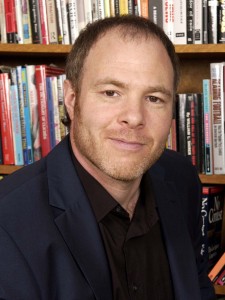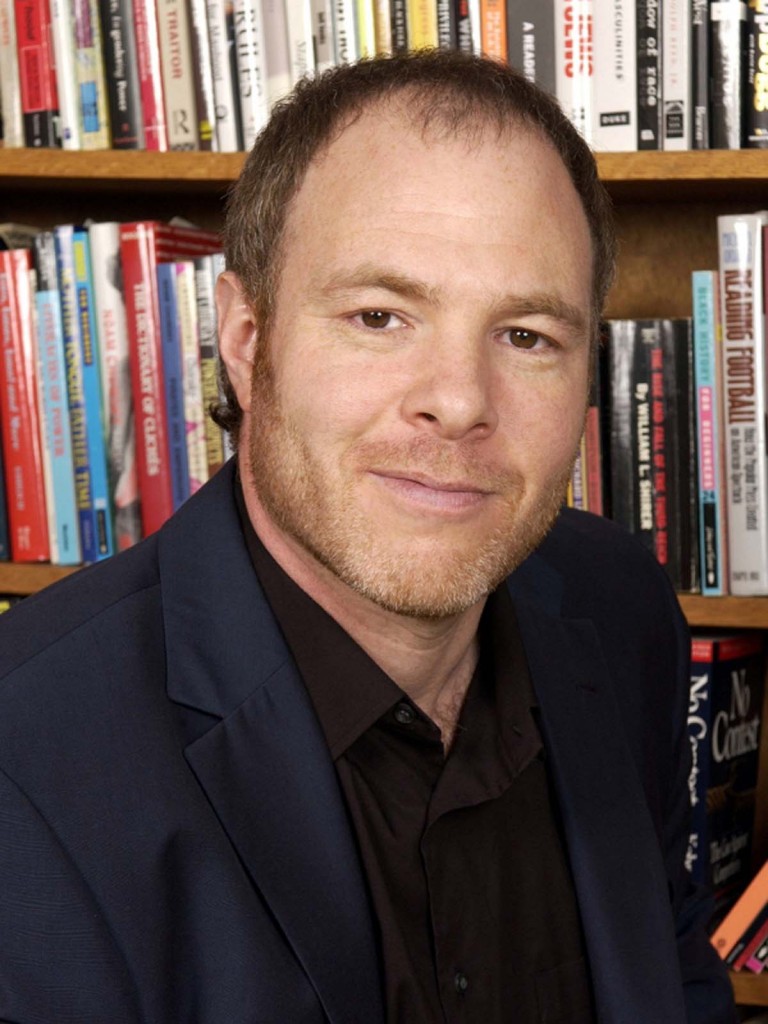Middlebury does not often hear stories about rape and sexual assault. The subject makes people uncomfortable. Even in the face of statistics that one in three women around the world will be raped, beaten, coerced into sex, or otherwise abused in her lifetime, the subject is easily swept under the carpet. A Center for Disease Control report from December 2011 confirms that sexual violence, rape, stalking, and intimate partner violence in the United States are widespread phenomena. The year-long CDC survey found that in the United States, nearly 1 in 5 women and 1 in 74 men have been raped at some point in their lives. Eighty percent of female victims were first raped before the age of 25, while 28 percent of male victims were raped before the age of 10. The CDC report gives an array of information related to the identities of victims, such as age, race/ethnicity and gender. In addition, the survey also identifies common factors stalkers and rapists share.

In order to combat this violence epidemic, renowned speaker Jackson Katz, who will be at Middlebury March 12 and 13, often addresses the relationship between masculinity and sexual and domestic violence. Dr. Katz is the creator and co-founder of the Mentors in Violence Prevention (MVP) program, the first and largest gender violence prevention initiative in college and professional athletics in North America.
With three published books, a blog in the Huffington Post and years of experience lecturing at high schools, colleges, athletic departments, for NFL teams and the United States Marine Corps, Katz is a eminent speaker on the subject. His message is clear: in order to stop rape, sexual violence and intimate partner violence, we must address the fact that men are the primary perpetrators of these crimes. We cannot continue to understand issues such as abuse, assault and rape as “women’s problems.” Men must refuse to tolerate such crimes and critically evaluate the versions of masculinity around them if they want to lower the disturbing rates of sexual violence and stalking in America.
In his book The Macho Paradox, Dr. Katz demands that men stop tolerating those aspects of American culture that perpetuate sexist, violent versions of masculinity. He analyzes Lakers fan reception of Kobe Bryant in the midst of his rape case and identifies elements of latent sexism and pro-violence; he calls out the World Wrestling Federation for portraying violent masculinity and disempowered femininity; he explores Eminem’s widespread popularity with men and women, a popularity that persists despite the fact that Eminem loads his lyrics with threats against women and gay people. Katz showcases the violence and sexism that often parade as masculine ideals and illustrates how these representations of masculinity hurt everyone. The CDC tells us that violent masculinity directly affects 1 in 3 women; however, anyone with a mother, sister, wife, girlfriend or girl friends has also been impacted by gender-based violence. Accepting the idea that Eminem’s music about rape and abuse is simply art, giving Kobe Bryant a standing ovation in the midst of his rape scandal, and cheering on degrading representations of women in the WWF sends a message to the world that male violence, against both women and men, is tolerable and even admirable. Is that the creed we want to embrace as a community and as individuals?
Jackson Katz will be speaking at Middlebury College on March 12 and 13. On Monday, March 12, at 8 p.m., he will give a lecture entitled “The Macho Paradox: Why Some Men Hurt Women and How All Men Can Help” at Mead Chapel. Admission is free.
On Tuesday, March 13, from 9 a.m. to 3 p.m., he will hold a workshop entitled “Tough Guise: Violence, Media, and the Crisis in Masculinity” at Dana Auditorium. The workshop is $12 ($20 with lunch) for participants outside of Middlebury College. For Middlebury students, faculty, staff it is free (excluding lunch). To register, contact Melissa Deas at melissa.deas@yahoo.com and let her know any dietary restrictions.
Sponsored by the Addison Council Against Domestic and Sexual Violence and WomenSafe. At Middlebury College: Women’s & Gender Studies Program-Chellis House, Office of the Dean of the College, Athletics Department, Parton Health & Counseling Center, Academic Enrichment Fund. Made possible through a Verizon grant.
